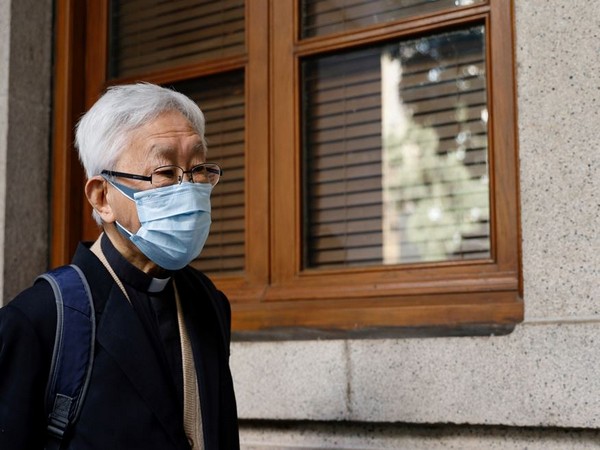

The arrest of a 90-year-old retired bishop of Hong Kong cardinal Joseph Zen has prompted a response from security chief Chris Tang who said that the detention was in accordance with the law and in line with the Vatican’s idea of justice.
Yang also said that the arrest of Cardinal Joseph Zen has nothing to do with his role in the church, reported Daily Dunia.
This is a significant development following the episode where the cardinal was detained and held by the national security police for his support of anti-government protesters in Hong Kong.
Shortly after the new security law in Hong Kong was implemented on June 30, 2020, Cardinal Zen said that he would remain prudent. The cardinal also said that he was prepared to suffer arrest and trials under the new law.
“If right and proper words were considered against their law, I will endure all the suing, trials, and arrests. Numerous predecessors have endured similarly,” he said in a video posted on his Facebook page.
Cardinal Zen has publicly delivered detailed critiques of Beijing. He has been close to other high-profile dissidents and has gone as far as sleeping on the streets with student protesters.
Beijing has a history of arresting and jailing priests and bishops, with a number still unaccounted for in recent decades. The detention of Joseph Zen came months after the state-run media attacked his activism in a series of articles.
The cardinal and three other trustees of the now-defunct 612 Humanitarian Relief Fund were detained separately on May 10 and May 11, and all were released on May 11. The fund was set up to offer financial assistance to those involved in anti-government protests in 2019 and was disbanded after coming under scrutiny by authorities over the past year.
The cardinal and others were interrogated in the Wan Chai police station for allegedly colluding with foreign forces. After the cardinal’s arrest, the Diocese of Hong Kong said in a statement, “We have always upheld the rule of law. We trust that in the future we will continue enjoying religious freedom in Hong Kong under the Basic Law.”